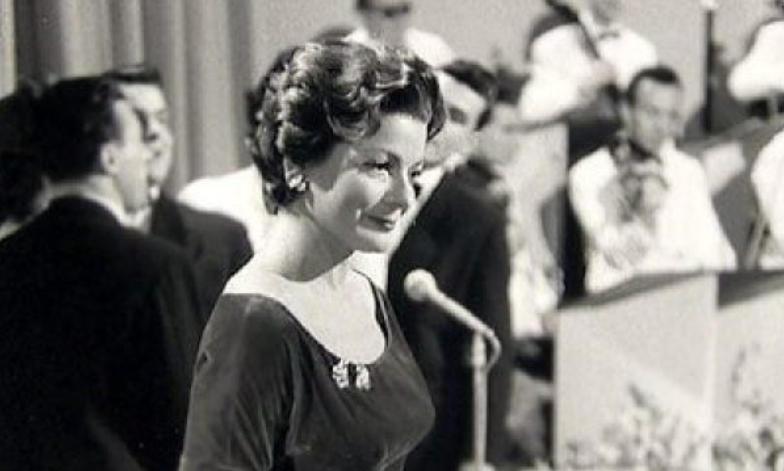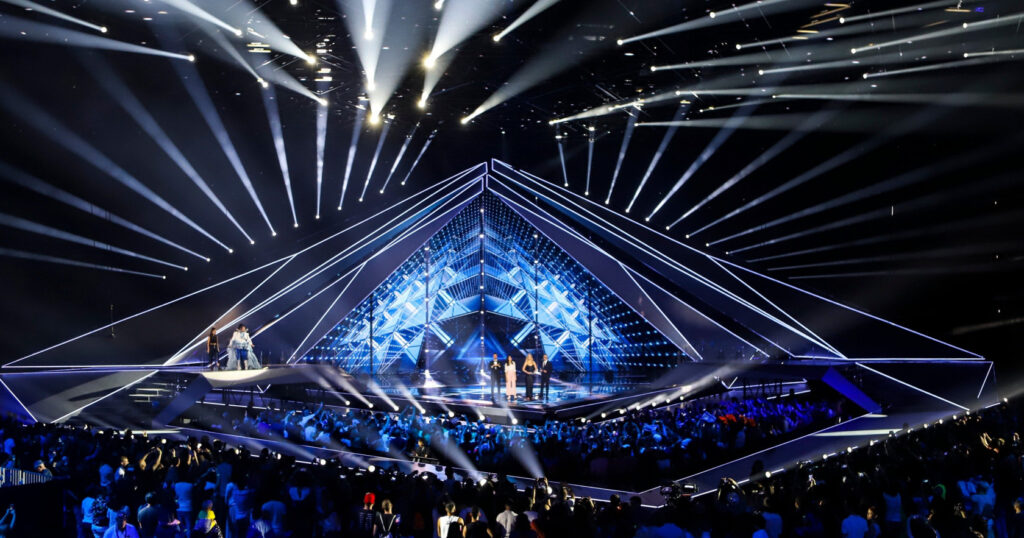By Angeliki Georgakopoulou,
The 66th edition of the infamous Eurovision Song Contest is scheduled to take place this May in Turin, Italy, following Måneskin’s victory in 2021 with the song “Zitti E Buoni”. With 40 countries officially participating, this year’s competition is bound to be one of the most show-stopping contests yet. On the occasion of this event, therefore, let us have a brief look at the history of Eurovision.
Brief History
The original idea behind the concept of a Eurovision Song Contest sprung from the desire to promote cooperation between members of the European Union in the period following World War II. This initiative was materialized through cross-border television broadcasts, which in 1950 facilitated the formation of the European Broadcasting Union.
The word “Eurovision” first appeared in George Campey’s writing in the London Evening Standard (English newspaper) in 1951, when he made a reference to a BBC program being broadcasted by Dutch television. Several years later, in 1955, an EBU committee was formed to explore new initiatives for collaboration between broadcasters. This committee delved deeper into the possibility of establishing a European song competition from an idea initially proposed by Sergio Pugliese.
This original idea developed into the European Grand Prix, in which seven countries participated. In this first contest, each country was represented by two songs, marking the only time in which multiple entries per country were permitted. The song “Refrain”, representing the host country of Switzerland and performed by Lys Assia, won first place.

Voting in this first competition was secret, being held behind closed doors, with only the winner being announced on stage. 1957 marked the first year that the use of a scoreboard and public announcement of the voters made their appearance. In 1958, the winner country began the custom of hosting the next year’s competition, which has since become a staple component of the event.
Since then, the advancements in technology have completely transformed the contest, giving it a more modern aesthetic. Color broadcasts first emerged in 1968, whilst satellite broadcasts began in 1985. Apart from these, the possibility of streaming, which became available in 2000, widescreen broadcasts in 2005, and high definition in 2007, allowed large audiences to tune into the event each year.
Competing Countries
By the 1960s, around 16 and 18 countries were competing on a regular basis. However, during the 1970s and 1980s, countries that did not belong to the European Union began entering the contest, such as those from Western Asia and North Africa.
Following the end of the Cold War, the changes in Europe catalyzed the influx of new countries from Central and Eastern Europe entering for the first time. The contest in 1993 included a separate pre-qualifying round for 7 of these new countries, whilst from the year 1994, to manage the number of competing entries, relegation systems were introduced. Since 2004, the competition has evolved into a multi-program event. This meant that a semi-final was held at the 49th contest, allowing all interested countries to compete each year, and a second semi-final was added to each edition from 2008 onwards.

As of 2021, 65 contests have been held, making the Eurovision Song Contest the longest-running annual international televised music competition as determined by Guinness World Records. This competition has been listed as one of the world’s most-watched events not belonging to a sports category.
A total of 52 countries have taken part in at least one competition, with a record 43 countries participating in a single contest, first in 2008, and later in 2011 and 2018. Australia became the first non-EBU member country to compete in 2015 (the 60th edition), initially announced as a “one-off” for the anniversary edition. However, Australia was invited back the following year and has subsequently secured participation rights until 2023.
Eurovision had been held consecutively each year, with 2020 marking an exception. In 2020, the contest was canceled in response to the COVID-19 pandemic. Due to the uncertainty created by the virus’s spread across Europe and the many limitations imposed by the governments of the participating nations, no competitive event was allowed to take place. In its place, a special broadcast called “Eurovision: Europe Shine a Light” was produced by the organizers, which honored the songs and artists that would have competed in 2020 in a non-competitive format.
This year’s competition is a promising event, with numerous artists competing for the victory. What are your predictions for this year’s winner? Will Italy’s hospitality prove to be one of the most unforgettable ones? The countdown to this year’s Eurovision Song Contest 2022 has begun since the First Semi-Finals will begin shortly. Stay tuned to find out ESC 2022’s winner!
References
- Eurovision Song Contest, wikipedia.org, Available here




